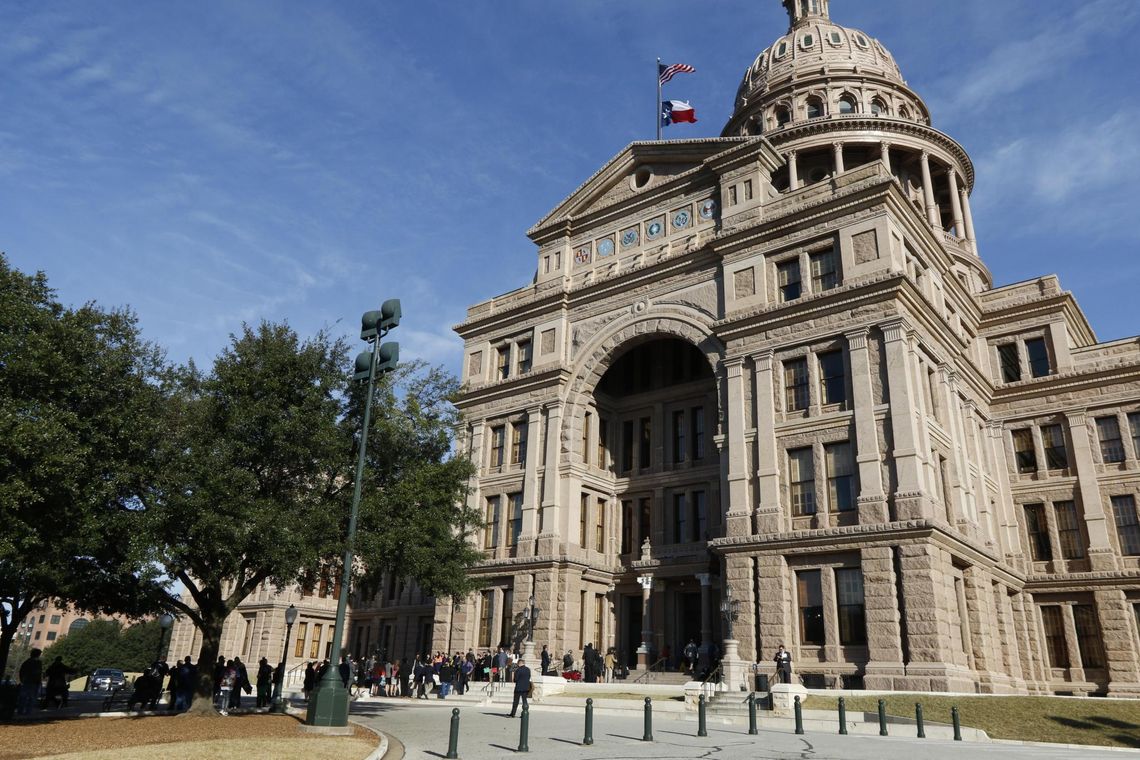A handful of bills related to pipeline construction and safety are scheduled for hearings in the House Energy Resources Committee Monday. Two of those bills were authored by Rep. Erin Zwiener, D-Driftwood, and Zwiener was a co-author for two others.
Zwiener coauthored House Bill 864, authored by Reps. Rafael Anchia, John Turner and Chris Turner. The bill would require distribution gas pipeline facility operators to provide the Railroad Commission with information after a pipeline incident, including the time and location of the incident, the pipeline operator’s name and telephone number, any fatalities or personal injuries caused by the incident, the cost of gas lost, the telephone number of the operator’s on-site person, estimated property damage to the operator and others, and other relevant information.
HB 868, authored by Anchia and John Turner and coauthored by Zwiener and others, would require the disclosure of leak locations along natural gas pipelines. The bill would require operators to report to the Railroad Commission any leaks and the exact street address and location of each leak on a map.
Zwiener’s HB 4060 would establish pipeline emergency preparedness fees that would be assessed and deposited in a dedicated account reserved for a pipeline safety program. The bill also requires the Railroad Commission to establish a grant program to provide funding for emergency preparedness measures, such as the creation of evacuation plans.
Zwiener’s HB 4423 would require pipeline operators to file an additional bond, letter of credit or cash deposit in an amount equal to $1,000 for each mile of pipeline for the purposes of surface remediation of land disturbed by the installation of the pipeline. The bill would require operators to “promptly restore to its former condition of usefulness land that is owned by a person other than the pipeline operator and is disturbed by the installation of the pipeline.”
Zwiener has filed numerous bills in the 86th Legislature inspired by the Kinder Morgan pipeline project. The natural gas pipeline’s current proposed route would take it through the Hill Country, including part of Hays County close to Wimberley. Landowners and area environmental organizations have protested the pipeline, and Hays County and the cities of Kyle and San Marcos have passed resolutions stating their disapproval of the project. Energy infrastructure projects within the state of Texas are given the power of eminent domain and are not required to perform environmental impact studies. Zwiener has filed other pieces of legislation addressing those two issues specifically.







